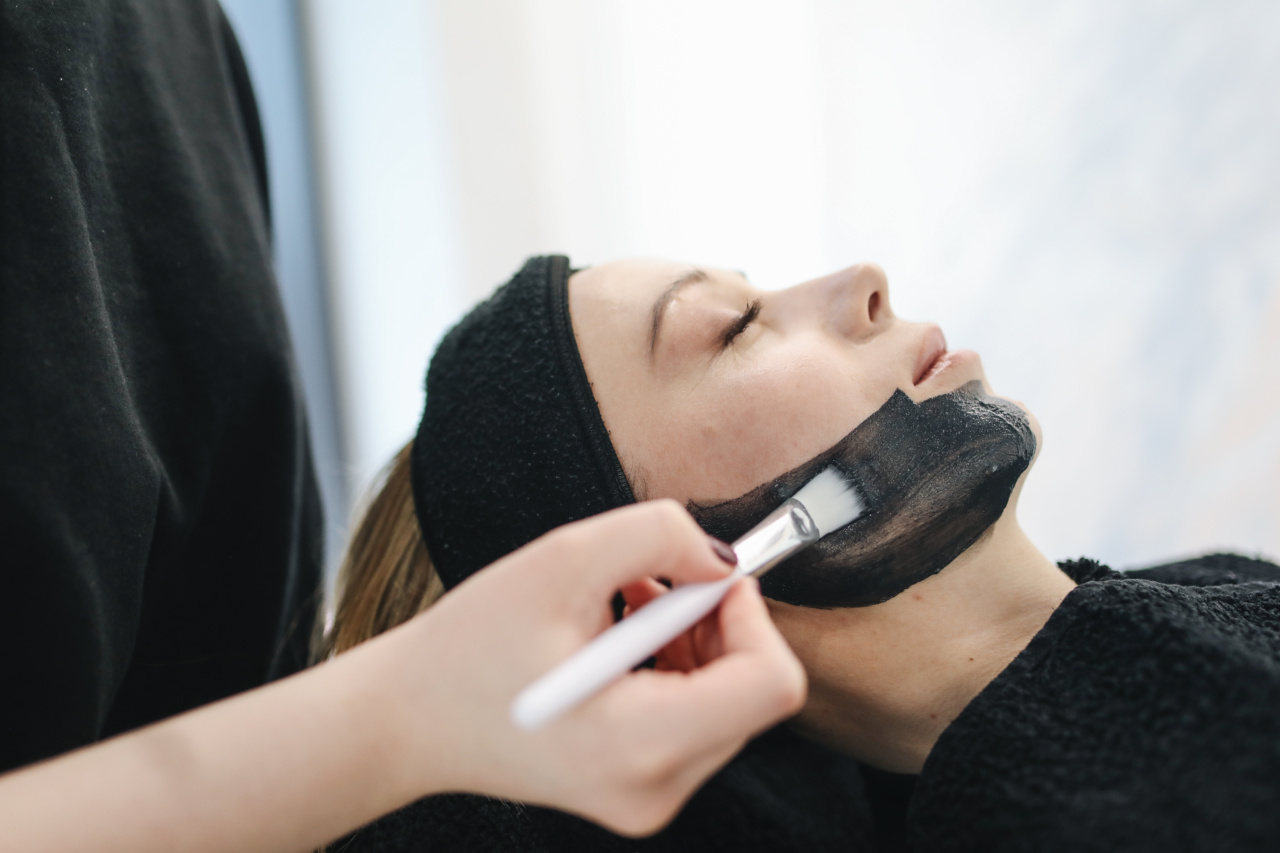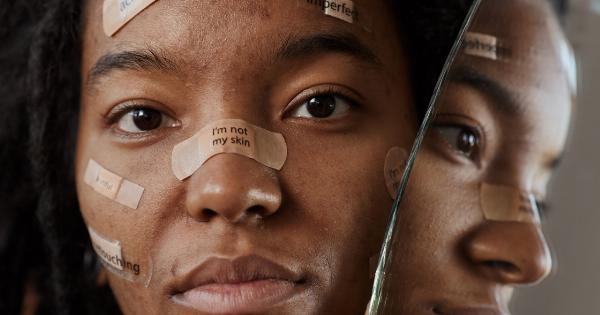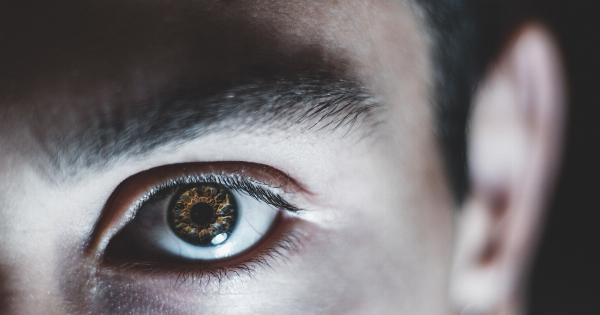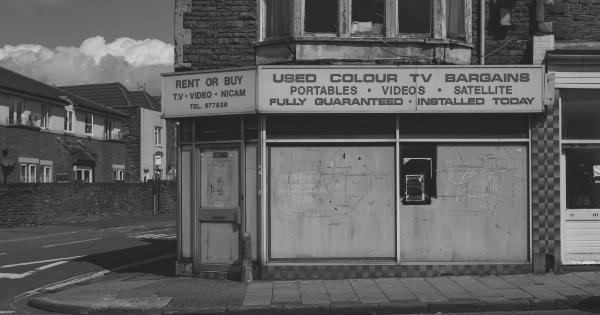Acne is a common skin condition that affects millions of people worldwide. It occurs when the hair follicles on the skin become clogged with oil and dead skin cells, resulting in the formation of whiteheads, blackheads, pimples, or cysts.
While acne is often associated with puberty and adolescence, it can affect individuals of all ages.
1. Increased risk of scarring
One of the main dangers of putting off acne treatment is an increased risk of scarring. Acne lesions can cause inflammation and damage to the skin, leading to the formation of scars.
The longer acne is left untreated, the more likely it is that scars will develop. These scars can be permanent and may require medical intervention such as laser treatments or chemical peels to minimize their appearance.
2. Psychological impact
Acne can have a significant impact on an individual’s self-esteem and psychological well-being. People with acne may experience feelings of embarrassment, shame, or low self-confidence, leading to social withdrawal and even depression.
By delaying acne treatment, individuals prolong their emotional suffering and may find it harder to overcome the psychological effects of acne.
3. Worsening of acne
Acne is a progressive condition, meaning it can worsen over time if left untreated. Mild acne can progress to moderate or severe acne, which is more difficult to treat and may require stronger medications or interventions.
By postponing acne treatment, individuals risk allowing their acne to escalate to a more severe stage, making it harder to control and manage in the long run.
4. Infection and inflammation
Acne lesions can become infected, leading to the development of painful cysts or nodules. In severe cases, these infections can spread deep into the skin and cause further inflammation.
Delaying treatment increases the likelihood of infection, which can result in more extensive damage to the skin and potential complications such as cellulitis or abscess formation.
5. Potential for permanent skin damage
Untreated acne can cause long-term damage to the skin. The constant inflammation and trauma to the skin can lead to the enlargement of pores, thickening of the skin, and the development of dark spots or hyperpigmentation.
These skin issues can persist even after acne has been cleared, leaving individuals with lasting reminders of their past acne struggles.
6. Impact on social interactions
Acne can negatively impact an individual’s social interactions and relationships. People with acne may feel self-conscious about their appearance, leading to avoidance of social situations or difficulty forming relationships.
By procrastinating acne treatment, individuals may find it harder to engage confidently in social settings, potentially affecting their overall quality of life and well-being.
7. Delayed resolution of acne
Perhaps the most obvious danger of putting off acne treatment is delaying the resolution of the condition. Acne is a treatable condition, and early intervention is crucial to achieving clear skin.
By procrastinating acne treatment, individuals prolong the time it takes for their skin to heal and hinder their chances of achieving long-lasting results.
Conclusion
Acne treatment should not be delayed or taken lightly. The consequences of putting off acne treatment can be detrimental to both physical and mental well-being.
By seeking early intervention and following an effective treatment plan, individuals can minimize the risks associated with acne and improve their skin health and overall quality of life.


























